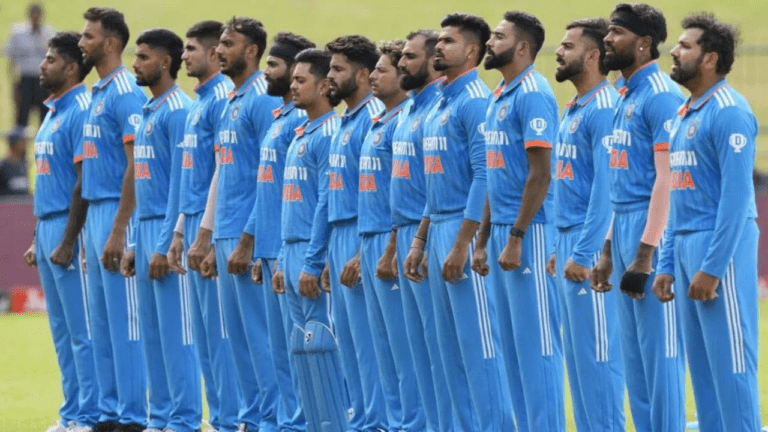Examining IPL’s Impact on Indian Cricket Board Decisions
99Exch, Gold: The Indian Premier League (IPL) has transformed the landscape of Indian cricket since its inception in 2008. With its unique blend of glamour, entertainment, and top-tier cricketing action, IPL quickly captured the attention and hearts of cricket enthusiasts across the country. The league’s innovative format, star-studded line-ups, and high-octane matches have made it a hotbed for emerging talent and a stage for established players to showcase their skills on a global platform.
The IPL’s emergence as a major player in Indian cricket has not only elevated the sport’s popularity but also revolutionized the way the game is consumed and experienced by fans. The league’s high-octane matches, fierce rivalries, and electrifying atmosphere have redefined the cricketing ecosystem in India, attracting a diverse range of audiences beyond traditional cricket followers. The infusion of glamour, entertainment, and cutting-edge technology in IPL matches has not only enhanced the fan experience but also opened up new avenues for revenue generation, making IPL a powerhouse in the world of cricket.
Shift in Decision-Making Power within the BCCI
The Board of Control for Cricket in India (BCCI), an influential body governing Indian cricket, has witnessed a notable evolution in the distribution of decision-making power in recent years. Traditionally a top-down structure, the BCCI has gradually shifted towards a more democratic approach, involving multiple stakeholders in key decisions. This transition marks a significant departure from the autocratic style of decision-making that had dominated the organization for decades.
The decentralization of decision-making power within the BCCI has been accompanied by a more inclusive and transparent decision-making process. This shift has not only increased accountability within the organization but has also allowed for greater participation from various stakeholders including players, administrators, and independent experts. As a result, decisions are now being made with a broader perspective, taking into consideration a wide range of viewpoints and interests.
Financial Implications of IPL on BCCI’s Policies
The inception of the Indian Premier League (IPL) has significantly altered the financial landscape of Indian cricket. The massive revenues generated through sponsorship deals, broadcast rights, and team franchise ownership have injected unprecedented wealth into the Board of Control for Cricket in India (BCCI). This newfound financial power has inevitably influenced the decision-making process within the organization, prompting a reevaluation of traditional policies and strategies.
As the IPL continues to flourish as a lucrative entity, the BCCI has been compelled to adapt its policies to accommodate the league’s financial implications. With the IPL becoming a major revenue driver for Indian cricket, the BCCI has had to strike a delicate balance between prioritizing the interests of the tournament while upholding the integrity and values of the sport. The financial windfall from the IPL has not only reshaped the BCCI’s priorities but has also necessitated a more strategic approach to governance and resource allocation within the organization.







